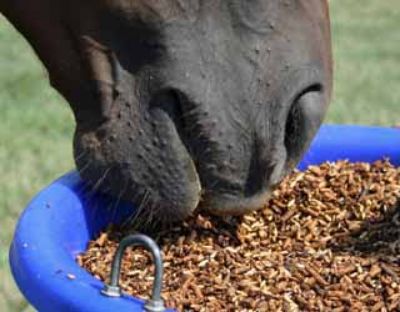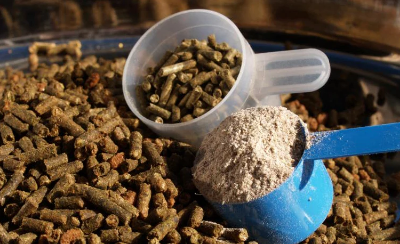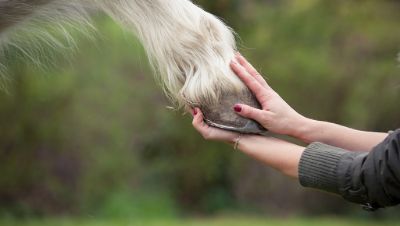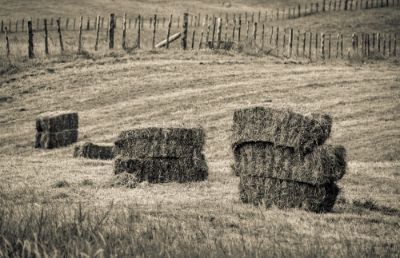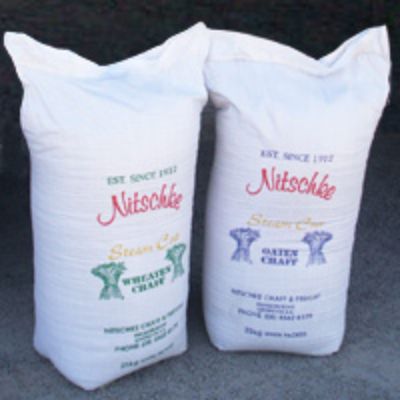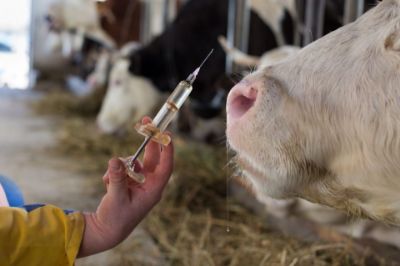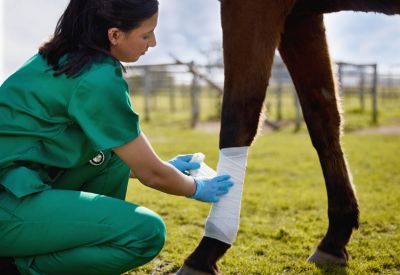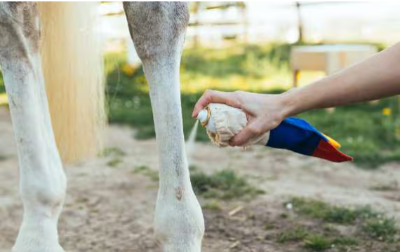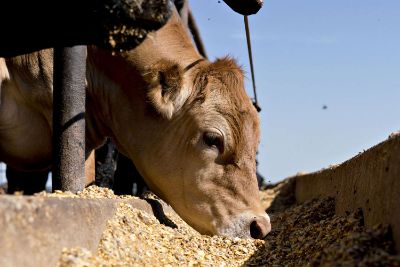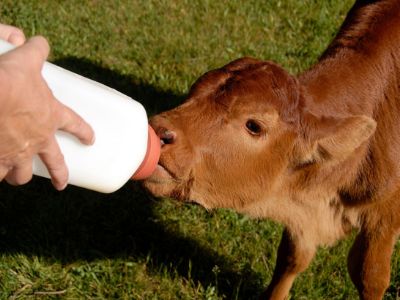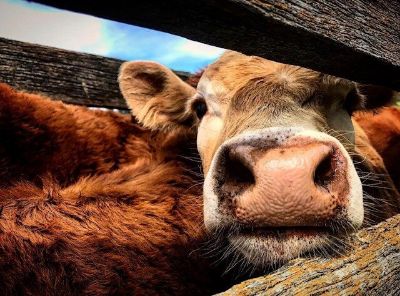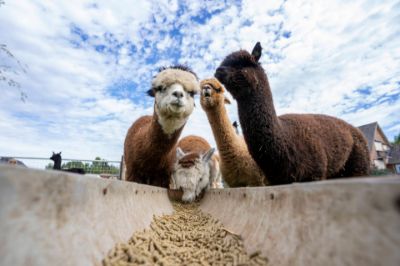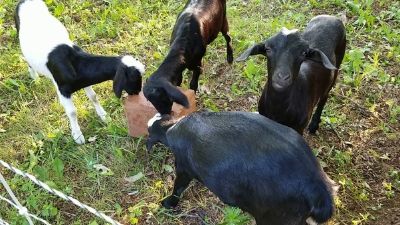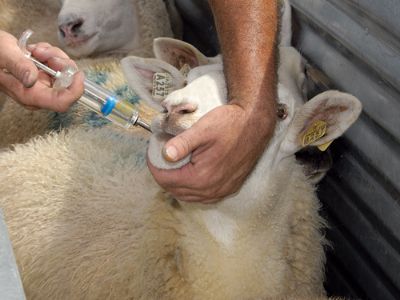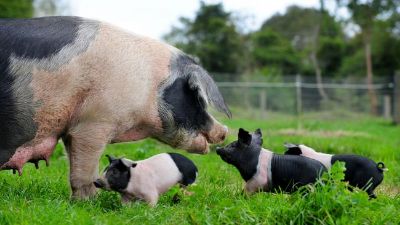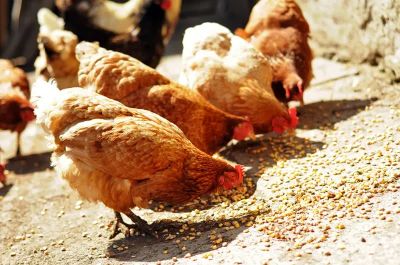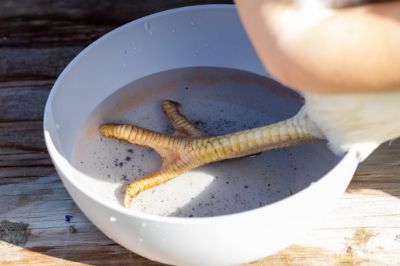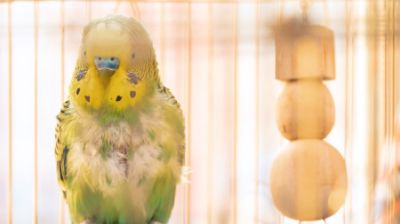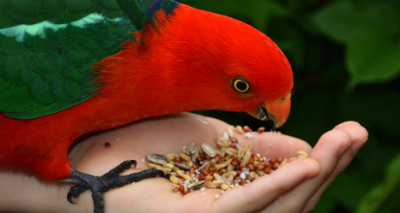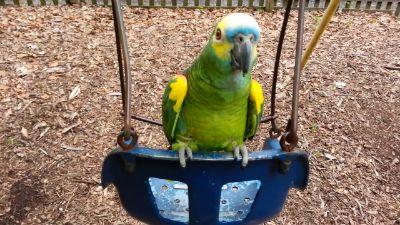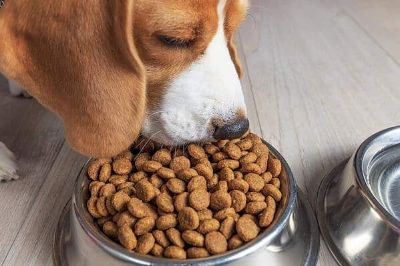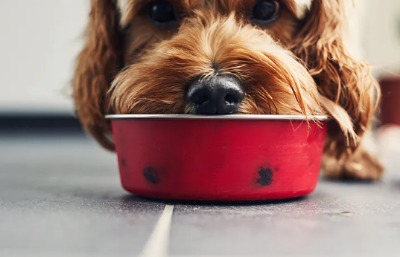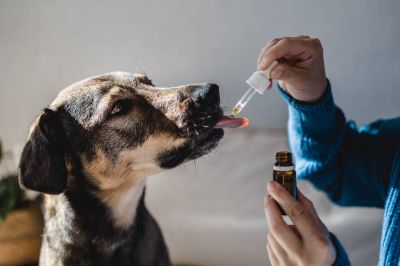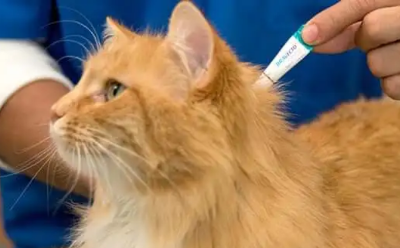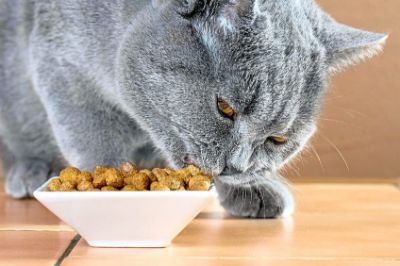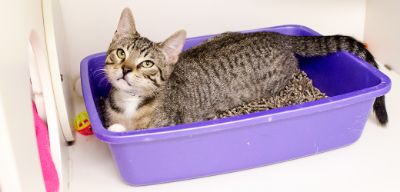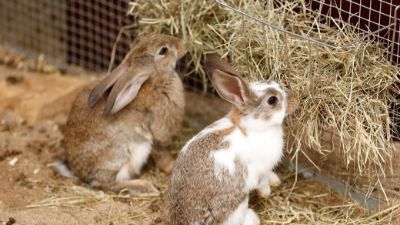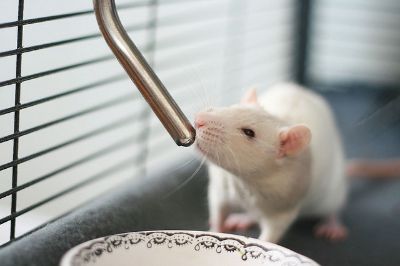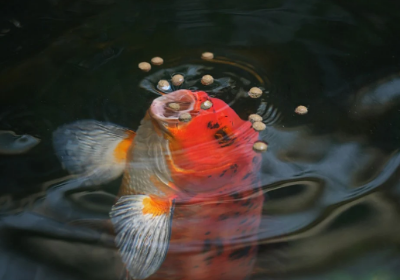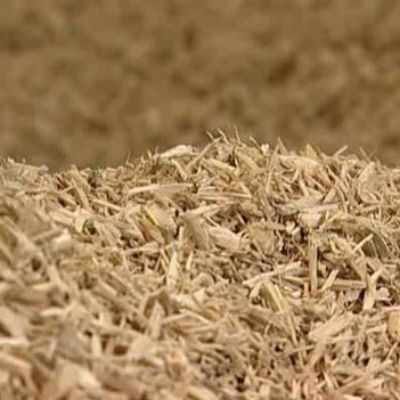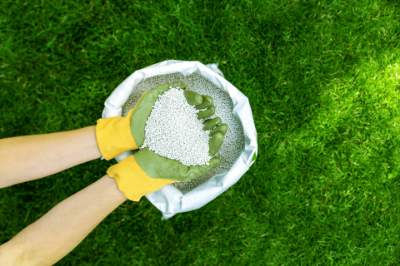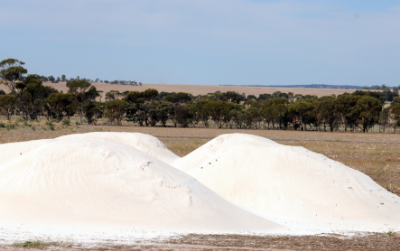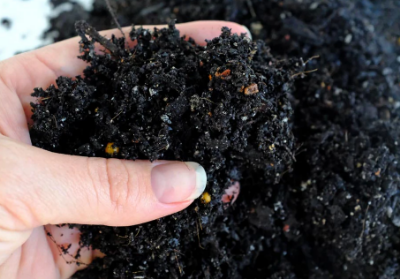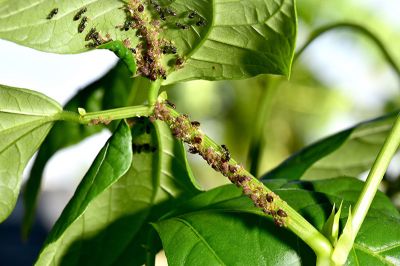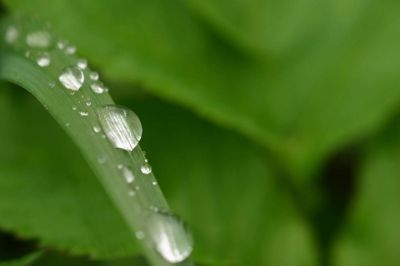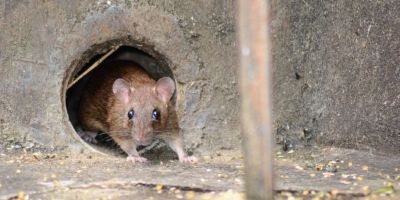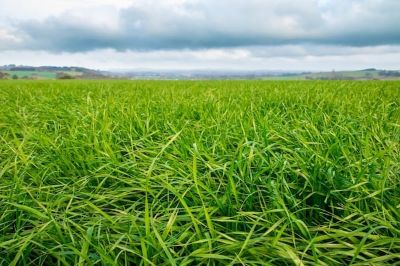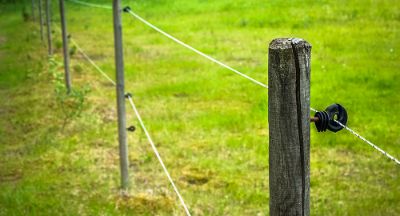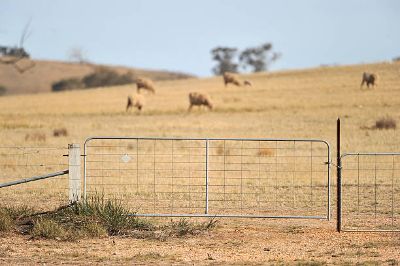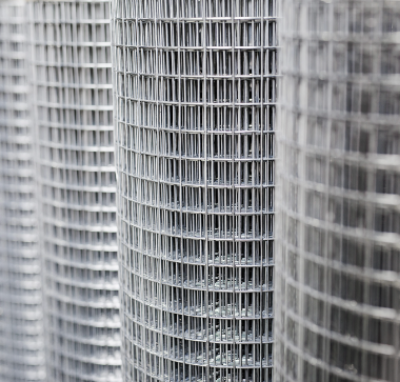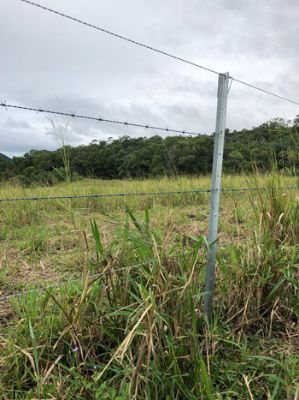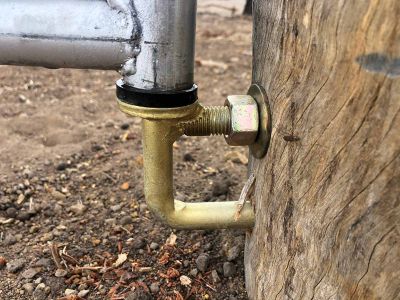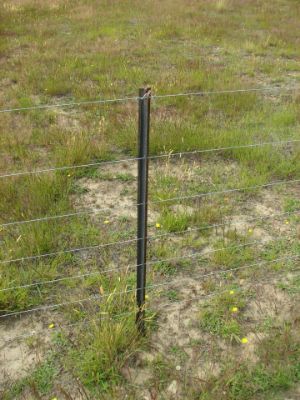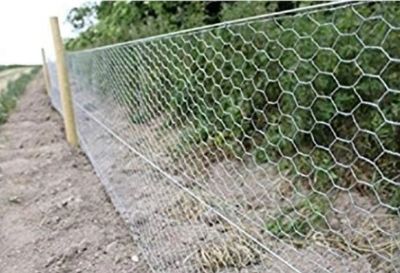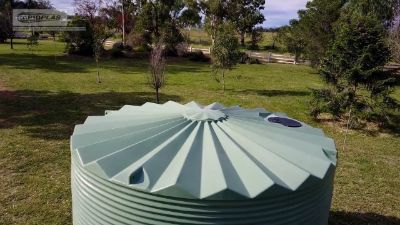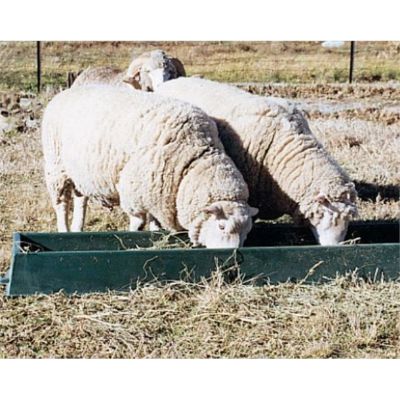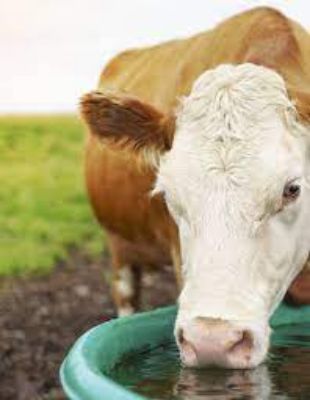Pets are essentially captive animals, confined by the boundaries of pen, house or yard, and are therefore unable to obtain the wild food that their ancestral blue print would have consumed or hunted. The wild hunting carnivores ate the full carcass of their kill, and this included its gut contents, which would have been partially digested, fermented plant material. Such a diet is almost impossible to reproduce in the urbanized pet living in the modern world, however, there is a large range of scientifically balanced processed foods on the market that do provide a very high level of nutrition. However, these foods by their nature are highly processed, and pass through the digestive system very quickly, hence are tagged as being “highly digestible”. Whilst they may contain all the minerals that are listed on their packaging, it is unknown whether all pets can absorb and assimilate all of these minerals and vitamins at all times in their lives. Anitone has proven to be a very useful addition to the diet of any pets with skin problems, or chronic degenerative disease, or those that are elderly. It can be easily poured over their biscuits, canned food, or raw meat diets either daily or a few times a week. Treats or food morsels can be dipped in Anitone (as you would use a dipping sauce on the human table) and then fed. Some fussy animals take a little while to get used to Anitone, as it has a pungent, fermented smell, but it is generally highly palatable and they will start to take it when a little hungry, and then continue to accept it readily. Anitone is especially useful for breeders who are supporting breeding females and young. It imparts great vitality and helps maintain plentiful milk production which results in healthy, vigorous litters. Anitone is also very useful for any hand rearing of animals, as it can be added to milk and to rations so easily. Anitone is such a versatile product that is appreciated by all who keep animals, whether they are large or small. DOSAGES Approx. 0.5 ml/kg, Anitone ANALYSIS Ash (Mineral content) 10% Phosphorus 180ppm (180mg/L) Potassium 2000ppm (2g/L) Sodium 3% (30g/L) Calcium 1900ppm (1.9g/L) Magnesium 1500ppm (1.5g/L) Sulphur 1600ppm (1.6g/L) Cobalt 12ppm (12mg/L) Boron 13ppm (13mg/L) Iron 300ppm (300mg/L) Fluoride 24ppm (24mg/L) Manganese 60ppm (60mg/L) Zinc 32ppm (32mg/L) Copper 850ppm (850mg/L) Molybdenum 5ppm (5mg/L) Selenium 15ppm (15mg/L) Iodine 120ppm (120mg/L) Alginate 650g/kg Ascorbic acid (10mg/L) Thiamine (B1) 375mg/L Retinol (A) 155,000iu/L Riboflavin (B2) 150mg/L Pyridoxine (B6) 525mg/L Vitamin E 6200iu/L Niacin 23mg/L Carotene 42mg/L Choline 7mg/L Cyanocobalamin (B12) 425ug/L Folic Acid 125mg Vitamin D3 23000iu Amino Acids (%) Total 3% Aspartic 0.47% Threonine 0.19% Serine 0.19% Glutamic Acid 0.50% Proline 0.17% Glycine 0.20% Alanine 0.27% Valine 0.21% Cysteic Acid (Cystine) 0.11% Methionine 0.07% Isoleucine 0.14% Leucine 0.25% Lysine 0.18% Arginine 0.13%

